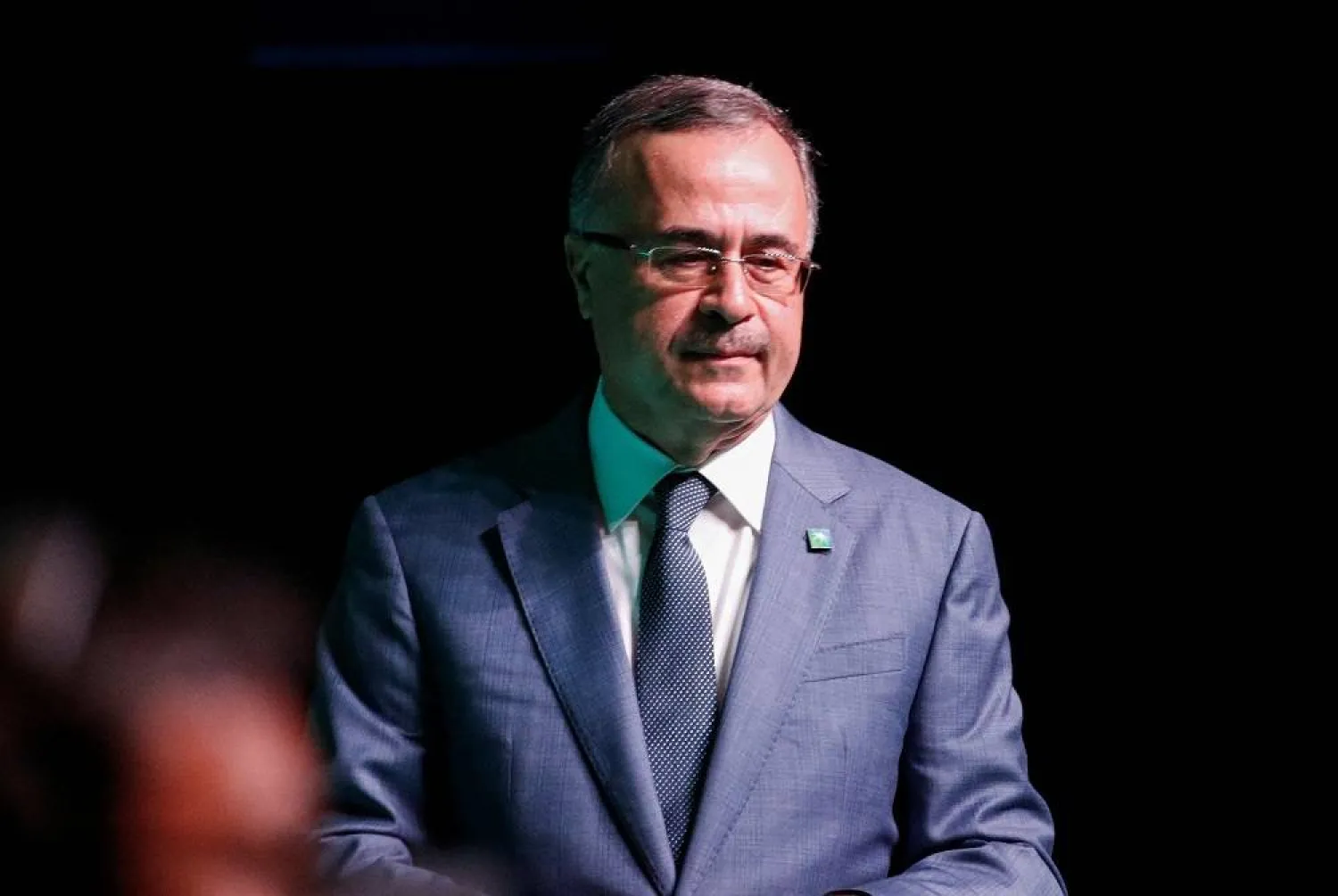Saudi Aramco believes market fundamentals remain "sound" for the second half as demand from emerging markets led by China and India will offset recession risk in developed markets, CEO Amin Nasser told an industry gathering on Monday.
"Overall, we believe that oil market fundamentals remain generally sound for the rest of the year," said Nasser, who heads the world's largest oil company.
"Despite the recession risks in several OECD countries, the economies of developing countries – especially China and India – are driving healthy oil demand growth of more than 2 million barrels per day this year," he told the Energy Asia conference in Kuala Lumpur.
Although China faces economic headwinds, the transport and petrochemical sectors are still showing signs of demand growth, he added.
Brent crude futures are down about 14% since the start of the year as rising interest rates hit investor appetite, while China's promising economic recovery has faltered after several months of softer-than-expected consumption, production and property market data.
While a failed mutiny by mercenaries in Russia over the weekend has raised concerns about political instability and pushed up oil prices, none of the industry executives and officials speaking on the first day of the conference mentioned it during their onstage remarks.
"There's not much geopolitical impact on the market now. It is dominated by economics, not geopolitics," Daniel Yergin, vice chairman of S&P Global, said on the sidelines of the event.
Mixed views
Russell Hardy, CEO of Vitol, the largest independent oil trader, said the industry probably faces a period of reasonably strong fundamentals in the next three or four months, but uncertainty with Russian supply and Chinese demand make it more difficult to forecast market balances and where prices are going.
"What has happened so far this year is the supply side has slightly overperformed, particularly Russia, where there were expectations of production loss as a result of the difficulty getting oil to market because of the sanctions," he said.
Sazali Hamzah, Petronas' executive vice president and CEO of downstream, was less optimistic, saying that demand for petroleum and petrochemicals started slowing in the second quarter despite a recovery in jet fuel consumption.
He expects new refining capacity coming online this year to put "a lot of pressure on the market".
"We believe in second-half of this year we will still see weak demand, and that will be extended to part of next year," he added.
Looking ahead, Vitol and Petronas executives said oil demand could peak around 2030.
"We got it peaking in about 2030 and a gradual decline out to 2040 ... And then (it's a) rapid decline thereafter as the EV fleet and energy transition takes over," Hardy said.
As part of its transition, Petronas will focus on improving natural gas efficiency and find solutions for carbon abatement while exploring other renewable energy such as biofuel in the mid-term and hydrogen in the long run, Hamzah said.
The company is working on a pilot plant and engineering design as it plans to start its first biorefinery in 2026.
"If the trend continues to grow, we are ready to convert the Kerteh refinery into biofuel in the future," Hamzah said.









